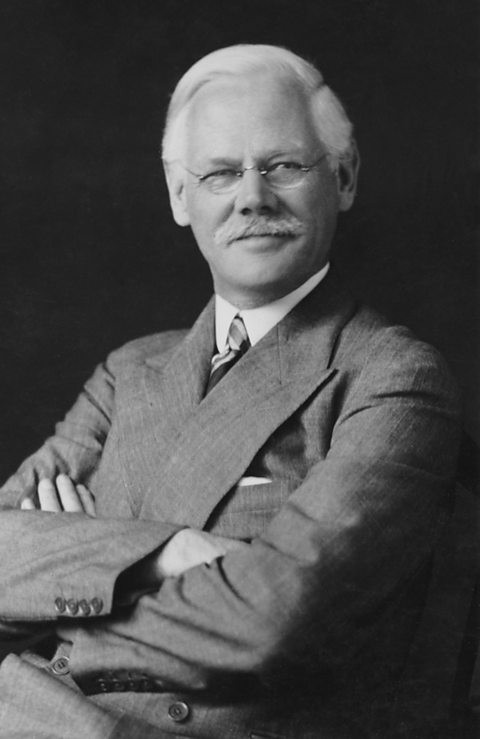This month, we’ve taken another trip in our trusty time machine to bring you an all-exclusive interview with one of York’s most famous residents.
When everyone hears your name Seebohm, they must immediately think of chocolate, but which part of your life are you most proud of?
Well, that chocolate connection isn’t without reason. Just like my father Joseph before me, I was chairman of the Rowntree’s chocolate company [from 1923-1941] and so oversaw a hugely successful period. I’m proud to say that by the end of my tenure Rowntree’s had established itself as the second largest chocolate and confectionery firm in the United Kingdom and the third largest business of its kind in the world, plus we came up with a couple of products that you might have heard of — the Kit-Kat and Aero bars!
However, as much as I adored my career in chocolate, my real passion was for social reform. During the early 20th century, poverty was a huge problem right across the country, so I was determined to use my position at Rowntree’s to do something to make life easier for people in York. I do hope that people remember me most for this.
That sounds like a very important but equally challenging task, so what did you do to get started Seebohm?
The biggest challenge for people like me—those trying to improve life for the poorest in society—was changing how poverty was understood. Most people believed that poverty was the result of unwillingness to work. I was determined to prove otherwise: that low wages, not laziness, were the real cause. No matter how hard someone worked, if their pay wasn’t enough, escaping poverty was next to impossible.
To prove my point, I decided to begin writing a report titled Poverty, A Study of Town Life. Me and a team of investigators visited every single working-class household in the city to survey them and learn about their financial circumstances. We found that just under 30% of York’s residents were living below what is known as the poverty line, despite around half of them being in full-time employment. This meant that 1 in 3 people couldn’t regularly afford basic needs like fuel, rent, food, clothing, and household essentials.
These shocking statistics comprehensively disproved the common myth that poverty was the individual’s fault!
Did it lead to any changes?
At Rowntree’s we worked hard to make as many changes as possible to make life easier for our workers. At Rowntree’s, we worked hard to make meaningful changes for our workers. Even before I published the report, we’d introduced an eight-hour workday. In 1906, we set up a pension scheme. By 1919, we’d moved to a five-day workweek, and in 1923, we introduced a profit-sharing plan.
But beyond what we were able to do at Rowntree’s, I’m proud to say that our investigations into poverty changed a lot of people’s wider understanding of the conditions that make people poorer, not just here in York but across the country — helping to cement the idea that everyone has the right to a certain standard of living and that it’s the responsibility of the whole community to ensure no one is left behind.
This July in York may as well be re-tilted Rowntree Fever. Not only are the Rowntree family being honoured with their very own mural, but Seebohm is also being made the central character in a new play titled “His Last Report” on stage at York Theatre Royal from the 19th of July.









Add a comment